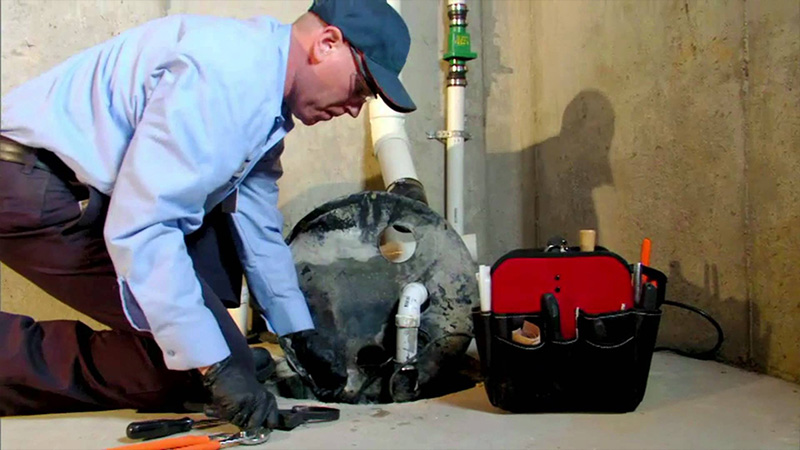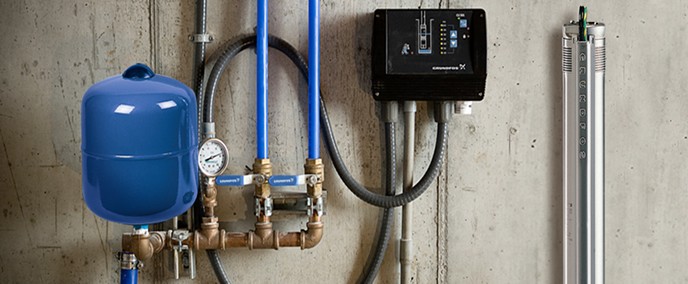Advanced Water Softeners: Say Goodbye to Hard Water Woes Forever
Advanced Water Softeners: Say Goodbye to Hard Water Woes Forever
Blog Article
Recognizing the Trick Parts of Effective Water Purification Solutions

Relevance of Water Purification Equipment
Water purification systems play a critical role in ensuring access to secure and tidy drinking water by successfully eliminating impurities and impurities. These systems are essential in addressing the expanding problems over water high quality and the prospective wellness risks connected with eating infected water. By making use of numerous filtration systems such as reverse osmosis, activated carbon, and UV sanitation, water purification systems can efficiently remove unsafe materials like microorganisms, infections, hefty metals, and chemicals from the water.
In addition, water filtering systems aid to boost the taste and odor of water by getting rid of chlorine, debris, and various other contaminants that can influence its high quality. Well Pump Replacement. This improvement in water quality not just makes it a lot more palatable however also encourages individuals to drink an adequate amount of water daily, advertising far better hydration and overall health
Types of Filtering Elements

Physical filters are designed to physically stress out impurities from the water. These filters can be made of products like ceramic, carbon, or even sand, and they work by capturing fragments bigger than the filter's pores as water travels through.
Chemical filters make use of different chemical procedures to eliminate contaminants from the water. Instances consist of turned on carbon filters, which adsorb impurities, and turn around osmosis membranes, which utilize pressure to separate impurities from the water.
Biological filters use living microorganisms like algae or germs to damage down raw material and toxins in the water. These filters are frequently utilized in wastewater treatment plants or all-natural water purification systems.
Recognizing the different kinds of purification elements is crucial for choosing one of the most ideal water filtering system for particular filtration requirements.
Feature of Sediment Filters
Debris filters play an important duty in water purification systems by efficiently recording solid bits suspended in the water. These filters are normally the first line of defense in a filtering system, eliminating larger fragments such as sand, silt, dirt, and rust prior to the water moves via finer filtration stages. By trapping these sediments, the filters avoid them from reaching downstream elements, therefore prolonging the lifespan and effectiveness of the whole system.
The feature of debris filters is essential in keeping water top quality and securing delicate equipment from damage triggered by debris. Furthermore, by eliminating noticeable bits, debris filters boost the clarity and preference of the water. On a regular basis cleaning up or changing sediment filters is necessary to guarantee optimum performance. Neglecting this upkeep can result in clogging, lowered water flow, and endangered filtration effectiveness. Generally, sediment filters are essential elements that contribute substantially to the performance of water filtration systems.
Duty of Activated Carbon Filters
Playing a critical duty in water filtering systems, activated carbon filters contribute in eliminating contaminations and impurities from the water. These filters are made to click to read more adsorb and trap a wide variety of toxins, consisting of chlorine, unstable organic compounds (VOCs), pesticides, and herbicides. The triggered carbon product has a huge area, enabling the efficient capturing of pollutants through a procedure called adsorption. As water goes through the filter, the turned on carbon brings in and holds onto the pollutants, making sure that the water that comes out on the other side is cleaner and safer for intake.
Turned on carbon filters are highly efficient at improving the taste and smell of water by minimizing chemicals that can impact its high quality. They are additionally capable of getting rid of specific heavy metals like lead and mercury. Additionally, these filters can help protect against the build-up of microorganisms and algae in water, more boosting its general top quality. Due to their versatility and integrity, activated carbon filters are a vital component in making certain that water is cleansed to the highest standards prior to getting to customers.
Comprehending Reverse Osmosis Systems
Reverse osmosis systems are advanced water filtering systems that employ an innovative process to eliminate impurities and contaminations from drinking water. These systems work by using stress to the water, requiring it via a semi-permeable membrane layer. This membrane layer acts as an obstacle, allowing just pure water molecules to pass through, while obstructing larger molecules such as minerals, chemicals, and various other impurities. Because of this, the water that appears beyond is considerably cleaner and more secure content for consumption.
Additionally, reverse osmosis systems are fairly low-maintenance and can be installed under the sink or in a main filtering system, supplying convenient accessibility to tidy water throughout the household. Generally, recognizing how reverse osmosis systems work can aid individuals make informed choices concerning their water filtration needs.
Final Thought
In final thought, efficient water filtration systems are vital for guaranteeing tidy and secure drinking water. By recognizing the feature and duty of each element, individuals can make enlightened decisions when selecting a water filtration system.
Water filtration systems play a critical role in guaranteeing accessibility to risk-free and tidy drinking water by effectively getting rid of contaminations and impurities. By making use of different filtering systems such as reverse osmosis, turned on carbon, and UV sterilization, water filtering systems can successfully eliminate damaging compounds like microorganisms, additional resources infections, heavy steels, and chemicals from the water supply.
Debris filters play a vital duty in water filtering systems by efficiently capturing strong fragments suspended in the water (Water Treatment).Playing an essential role in water filtration systems, activated carbon filters are important in getting rid of impurities and contaminants from the water supply.Reverse osmosis systems are innovative water filtering systems that employ an advanced process to get rid of impurities and contaminations from drinking water
Report this page